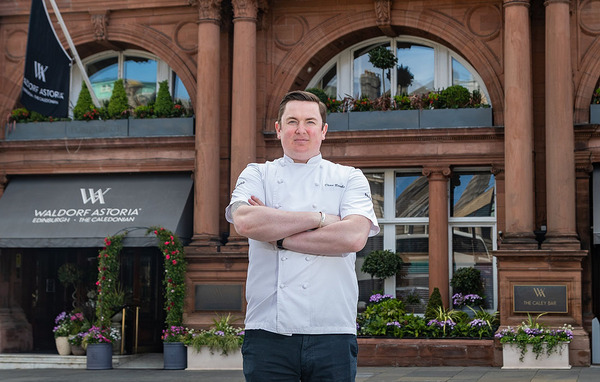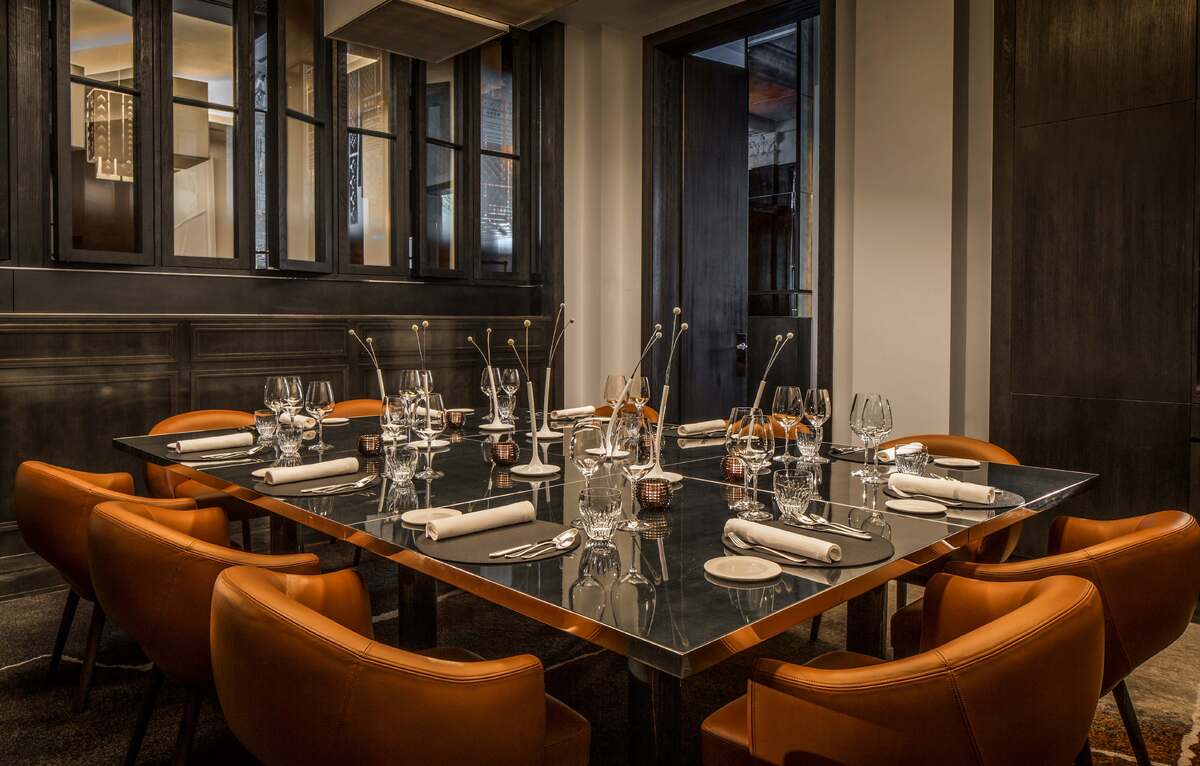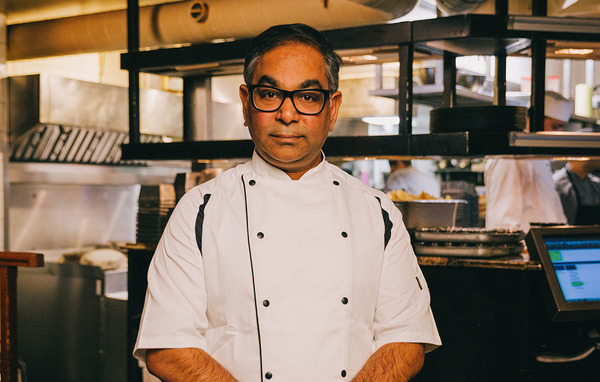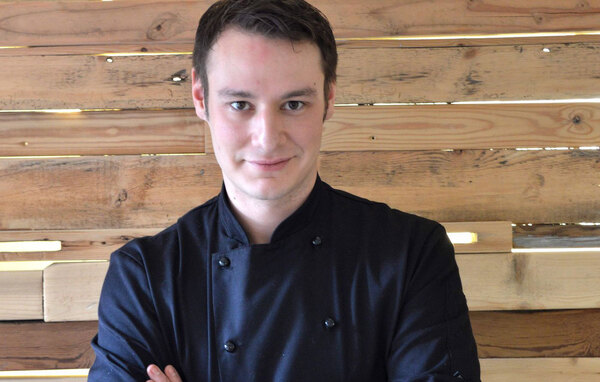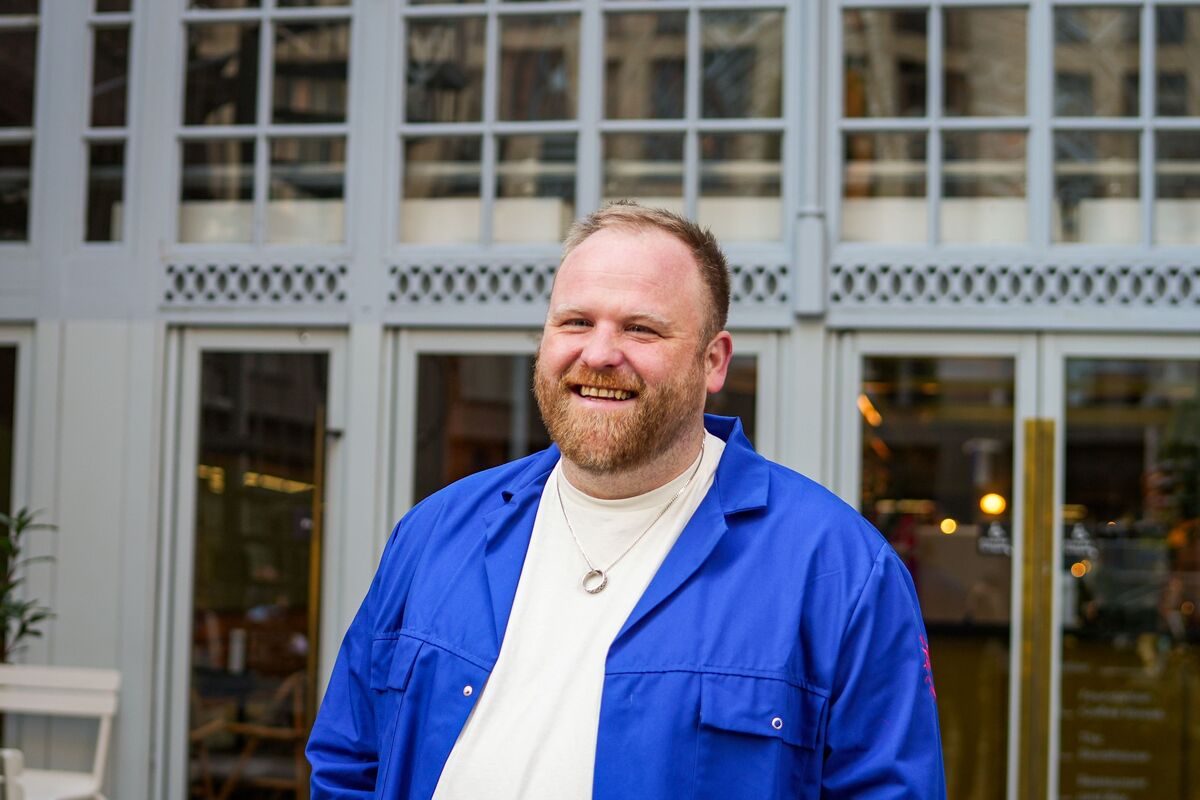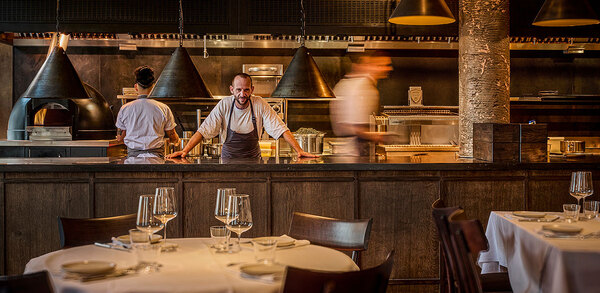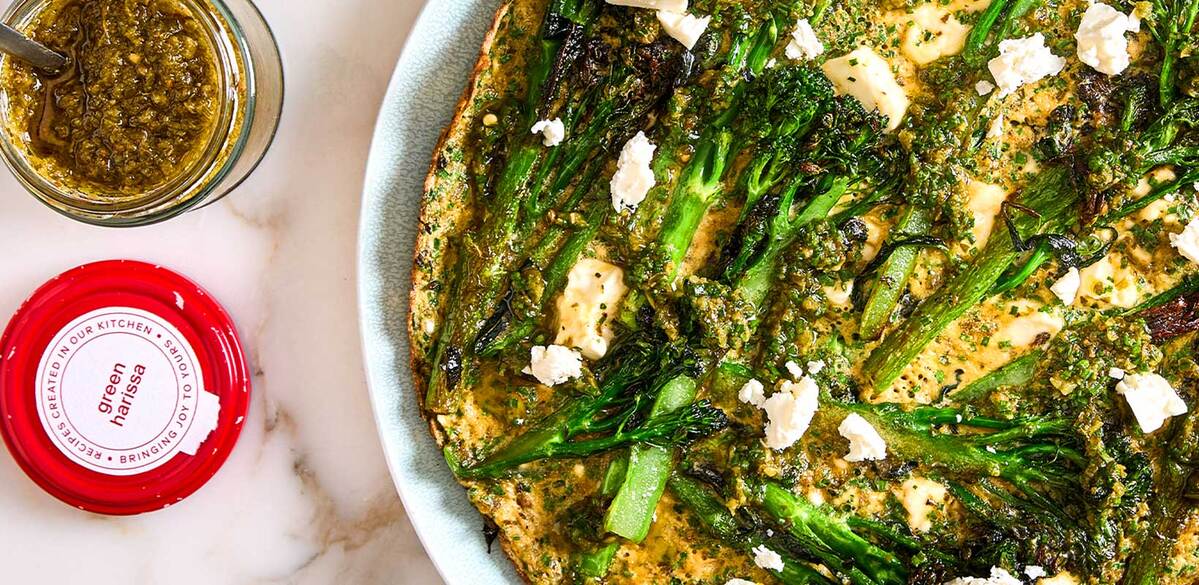Menuwatch: Silo, Brighton
Tucked away in Brighton’s North Laine area, Silo claims to be the UK’s first zero waste restaurant. Andy Lynes reports
A restaurant opening outside London, attracting national media attention without a celebrity chef’s name attached, is a rare event. But then Silo, tucked away down a side street in Brighton’s fashionable North Laine area is a rare sort of establishment. The reason for the flurry of articles in the national press, even before Silo opened its doors last autumn, is that the 55-seat restaurant, café and bakery, housed in the ground floor and basement of a former Victorian warehouse, claims to be the UK’s first zero waste restaurant.
Where some chefs brag about their shiny induction ranges, chef Douglas McMaster’s pride and joy is his £22,000 composting machine, displayed proudly near the entrance of the restaurant, which can process up to 640kg of organic matter per day. Silo is also a chemical-free business thanks to another costly bit of kit that electrolyses and oxidises water, making it naturally anti-bacterial.
As much produce as possible is delivered in reusable containers, crockery comes in the form of plates made from recycled plastic bags and there are jam jars for glasses. Customers dine on chipboard furniture in the spartan, funky dining room with its whitewashed brick walls and decorative filament lighting.
"I describe Silo as a pre-industrial food system and people sometimes get confused," says McMaster, a former BBC Young Chef of
the Year with a CV that takes in Middlethorpe Hall, Winteringham Fields, St John Bread and Wine and stages at Noma and Attica.
"Is it pre-industrial when we’re using a coffee machine or a fancy oven? Absolutely. It’s about the end product. I want it to represent something that is not denatured and hasn’t been manipulated by a modern food industry."
To that end, the chef mills ancient varieties of wheat, such as Einkorn and Amaretto, for Silo’s 48-hour sourdough bread; makes his
own butter, yogurt and curd; and grows oyster mushrooms on espresso grounds. "But I’m not so self-righteous that I’m living in a
cave and collecting rainwater," says McMaster, who opened a more casual café version of Silo in Melbourne with artist Joost Bakker in 2012.
McMaster is awaiting his full licence, due in March, when he’ll be able to open Silo seven days a week for breakfast, lunch and dinner.
For the moment there’s a daily breakfast that includes sourdough toast with Silo baked beans and slow-cooked egg (£6), and porridge of various activated grains, Bramley apple and Earl Grey jam. The daily changing lunch menu of around a dozen items categorised as ‘plant’,
‘dairy’, ‘fish’, ‘meat’ and ‘wild’, might include fermented brown rice risotto, Silo’s fresh cheese and Espresso mushrooms; or venison
haunch, lentils, fermented ramson and Secrett’s Farm (a favoured supplier) scarlet kale.
A six-course evening tasting menu comprises items not on the lunch menu such as fried artichokes, blue cheese and fermented cabbage.
"Fermentation is very important to us because we’re reconnecting people with real food that’s alive and pure," says McMaster.
"Because it’s such a slow, progressive development of flavour you don’t know what you’re going to get. We taste whatever we ferment,
and if it’s good we adapt it to the menu."
McMaster is equally adaptable when it comes to his fish dishes, using whatever is delivered to him as part of the sustainable Catchbox scheme. "We get some weird fish, like dogfish, but whatever it is we poach it at 45ºC in the water bath in a confit made with rapeseed oil infused with all sorts of wonderful fishy herbs like tarragon and chervil."
The dish is finished with an emulsion of oysters blended with rapeseed oil; grilled cucumbers pickled for three hours in horseradish vinegar to which brown butter is added at the point of service; a seaweed ‘salsa’ of chopped dulse, sea lettuce and slowly cooked shallots in horseradish vinegar; and some dried seaweed flakes. "I’ve not taken it off the menu because it’s really so solid," he adds.
McMaster admits his radical pre-industrial vision is a challenge for everyone involved, but is sure that it’s worth the extra effort. "It generates more ideas when things are more difficult.
When things are exactly the way you want them, you don’t think outside the box."
From the menu
Starters
- Jerusalem artichokes, blue goat’s cheese £6
- Silo salad £6.50
- Potato steak, elephant garlic, alliums and herbs £8
Mains
- Fermented brown rice risotto, Silo’s fresh cheese, espresso mushrooms £9
- Catchbox fish, poached leeks, slow-cooked egg £12
- Poached chicken, sprout tops, mustard & rye breadcrumbs £12
- Venison haunch, lentils & fermented ramson, scarlet kale £14
Desserts
- Steamed molasses sponge with goat’s milk custard £6
- Sea buckthorn and elderberry fool £5
- Chocolate nib cake £3
Silo
39 Upper Gardener Street
Brighton BN1 4AN
silobrighton.com



